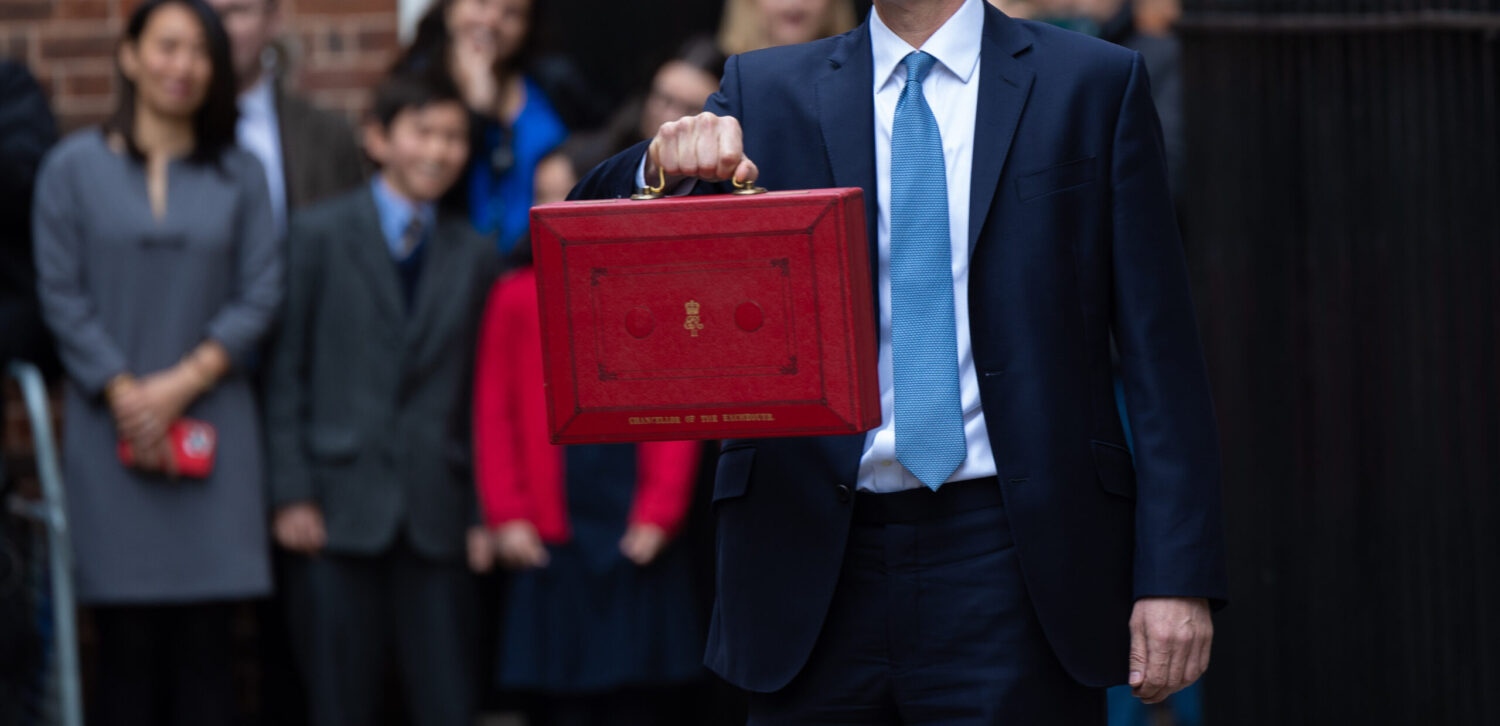Change in the Time of Scarcity
In the first of a series of articles exploring the dilemmas facing Labour as the party prepares to enter government, Andrew Harrop sets out how a Starmer administration could change Britain without spending public money
We all know that the next government will face huge public finance pressures. Labour will inherit the fiscal plans Jeremy Hunt laid out in the autumn, which do not merely mandate a freeze on spending: they plan more cuts. All but ‘protected’ public service budgets will fall in real terms, and the picture could be even worse if the Tories introduce reckless pre-election tax cuts.
So a Labour administration will need to be prepared to bring about significant change without spending public money. In the Plans for Power pamphlet, I suggested 20 fruitful areas to consider. Below is the list in full. I’d love to keep adding to this list, so do share your ideas.
1. Automatic social tariffs for energy and broadband
2. Bus regulation and local franchising
3. Clearing the asylum backlog and enabling more applicants to work
4. Closer economic relationship with the European Union
5. Consumer protection and competition reforms
6. Decent sick pay paid for by employers
7. A democratic second chamber
8. Devolution in England and more powers for Scotland and Wales
9. Ending restrictions to onshore wind and solar power
10. Expanding workplace pension contributions and eligibility
11. Low emission zones, congestion schemes and road pricing
12. National living wage increases
13. Planning and land compensation reform
14. Public health regulation targeting obesity, tobacco and alcohol
15. Restored trade union rights and expanded collective bargaining
16. School curriculum and assessment reform
17. Sentencing and rehabilitation reform
18. Tenant rights and protections
19. Unlocking private sector patient capital
20. Zero-carbon requirements for new buildings
Reducing emissions, increasing earnings, helping people to lead healthy lives and making housing more affordable are all things that rely on government regulation, coordination and direction more than public spending. An example of this approach came last weekend when Rachel Reeves floated the idea of 25-year fixed-rate mortgages. This demonstrates how government can intervene without spending through regulation and facilitation – in this case, to support first-time buyers and boost homeownership.
Often there are powerful political and behavioural barriers that stand in the way of change: vested interests, a hostile media and attachments to old ways. But there is also low-hanging fruit to be grasped because previous Conservative inaction has arisen from ideology and division. An incoming Labour administration should start here – say, with massive deregulation of onshore wind and solar.
While the scope for solving problems with public spending is highly constrained, the possibilities for change via regulation and public leadership are in principle boundless. But reforms will still need careful handling. The bandwidth of government is limited, especially when there are technical issues to get right. Business needs to be brought along on the journey, as a broadly willing partner not a reluctant hostage. That should mean being very firm on the ends of policy but accommodating on the means.
There is low-hanging fruit to be grasped because previous Conservative inaction has arisen from ideology and division
Above all, excellent communication and a deep engagement with public attitudes is essential. The main barrier to many of the items on this list will be public understanding and consent. Labour has shown it is willing to be bold – on planning reform, for example. But you can already imagine how the right-wing press will try to dress-up sensible changes to sentencing, the school curriculum or closer EU ties as Labour lunacy. New ministers will need to defy the nay-sayers and be confident in setting out their stall, while still taking careful account of the contours of public opinion.
But the views of the median voter are more progressive than the Tory press would like to believe, and opinion can be shaped by confident political leadership. In the parliament ahead it is certain that public opinion will be a more malleable obstacle to Labour’s ambitions than the cold reality of Britain’s grim fiscal position.
Image credit: Simon Walker/No10 Downing Street, OGL 3 via Wikimedia Commons

